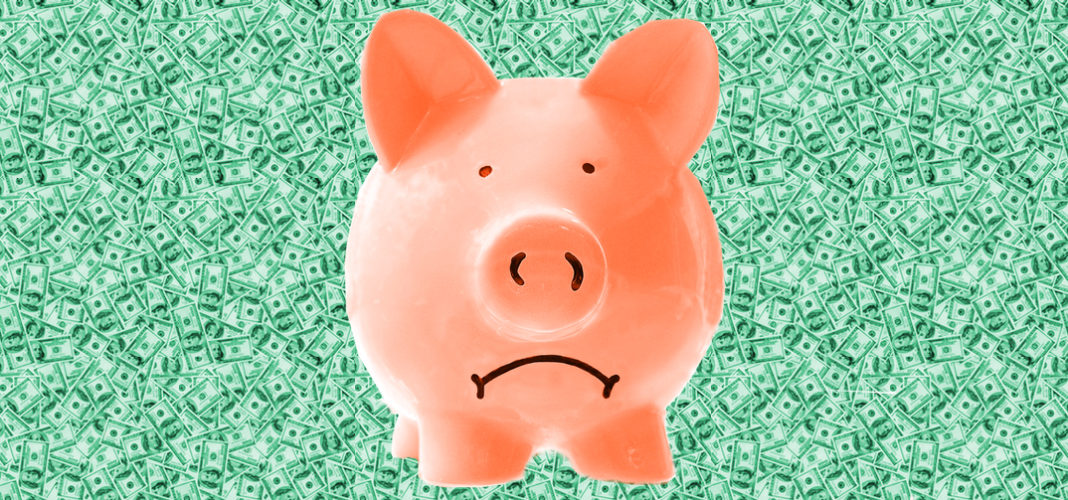We know that money can’t buy you happiness. In an effort to understand the link between money and well-being, psychologists Elizabeth Dunn and Michael Norton’s studies provide valuable insight into how much money is needed, and what it should be used for to promote optimal happiness.
So, how much is enough? According to Dunn and Norton, there is indeed a minimum level of economic stability that alleviates financial worry. They refer to it as a “comfortable standard,” and in the United States that magic number is an annual household income of $75,000. Norton and Dunn state that those making the minimum standard are happier than those making less. Beyond that, more money does not mean more happiness.
Here are 4 ways to spend money to make you happy:
1. Buy experiences, not stuff
Rather than that new handbag, take a class. Instead of a new car, go on vacation. Desperate for a new sofa, learn how to reupholster your old one. The thrill of an experience lasts longer and is infinitely more rewarding than just another object we’ll forget about and maybe even feel a little guilty about buying.
2. Underindulge
Yes, that $7 latte is truly delicious, but do you really need three everyday? Moreover, do you even appreciate it anymore? Who doesn’t love blockbusters on demand, but maybe just two or three a week is better than seven. Underindulging makes us appreciate the little luxuries in life, saves us money and may in some cases be better for our health, especially if you love dessert.
3. Splurge on someone else
Norton and Dunn’s research shows that spending on someone else feels good. So give to your local animal shelter, buy a friend dinner or treat everyone in the office to bagels.
4. Faith, Family, Community and Work
Arthur C. Brooks’ offers a roadmap worth considering for a happy life. Instead of money, he argues spiritual journeys, relationships and meaningful work are what truly matter.
As Coco Chanel famously said:
There are people who have money and people who are rich.
I wish you all the best,
Dr. Samantha Boardman






